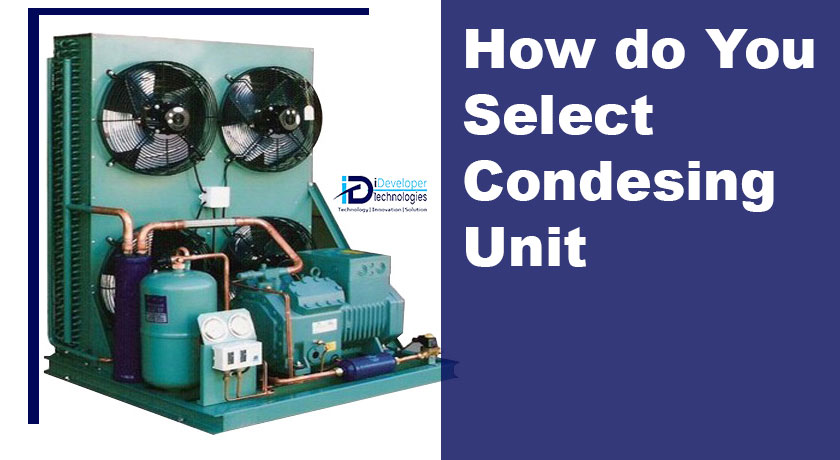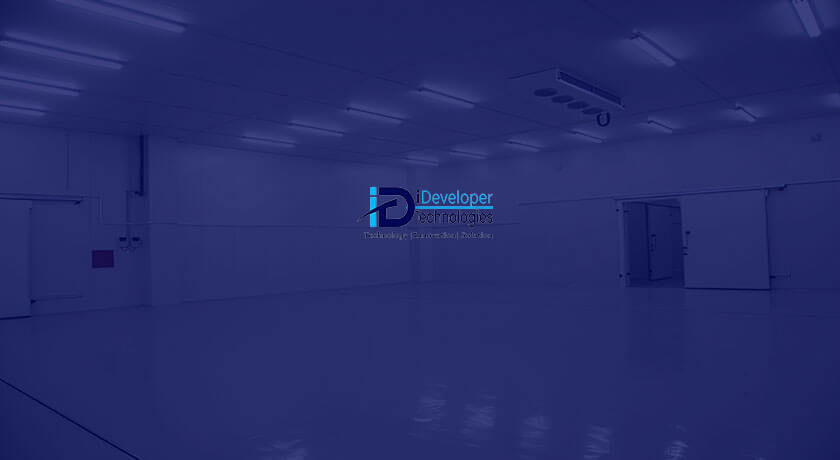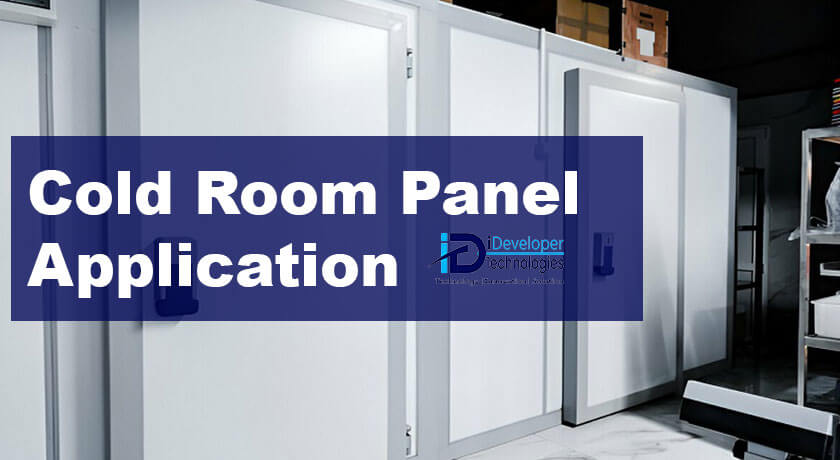The best way to maintain the freshness of large quantities of goods that need the…

Factors to consider when choosing and sizing Coldroom Condensing Units in Kenya
Condensing units, which transform high-pressure gas into liquid to enable effective cooling. Cold Room Condensing Unit are crucial parts of HVAC and refrigeration systems. Performance, efficiency, and cost must all be balanced when selecting a condensing unit for your system.
Here is a guide to the important factors to take into account when choosing and sizing condensing units to guarantee longevity and peak performance.
Consideration for Cold Room Condensing units Selection
1. Establish the Needs for Cooling Capacity
The most important consideration when choosing a cold room condensing unit for your system is its cooling capacity, which is expressed in BTUs per hour.
The capacity ought to correspond with the system’s or space’s heat load. Numerous variables, such as the area’s size, insulation quality, ambient temperature, and planned use, affect this load.
While undersized units may find it difficult to maintain the ideal temperature, resulting in premature wear and increased energy expenditures, oversized units may cause short cycling, which lowers efficiency and increases wear.
READ: What is a Cold Storage: Everything you need to Know
2. Pick the Right Kind of Compressor
Numerous compressor types, such as reciprocating, scroll, screw, and rotary compressors, are installed in condensing units. Each offers special benefits:
- Reciprocating compressors are frequently utilized in minor commercial and residential applications and are appropriate for moderate cooling requirements.
- Scroll compressors are perfect for small business and residential systems because they operate quietly and with greater efficiency.
- Screw compressors are frequently utilized in industrial settings and can manage higher cooling loads.
- Known for their effectiveness and small size, rotary compressors are utilized in systems with constant cooling requirements.
- Choose a compressor type that balances initial cost and operational efficiency by taking into account the cooling and operating requirements of your system.
Pick the Proper Cold Storage Refrigerant
A cold room condensing unit performance and environmental impact are significantly influenced by its refrigerants. The efficiency, cooling capacity, and environmental friendliness of various refrigerants vary. R-410A, R-407C, and R-134a are popular options; each is appropriate for particular uses and climates. Selecting a unit that is compatible with eco-friendly refrigerants can help your system meet current regulations and lower greenhouse gas emissions because the environmental impact of refrigerants is controlled.
Further Read: Why you need commercial cold rooms solutions
Take into Account cold room condensing unit Ratings for Energy Efficiency
Energy efficiency is essential for controlling operating expenses and reducing the negative effects on the environment. For the same cooling output, look for condensing units with a high SEER (Seasonal electricity Efficiency Ratio) or EER (Energy Efficiency Ratio) rating. These units use less electricity. Variable speed compressors, which modify power consumption according to demand, are common energy-saving features found in high-efficiency units. These features increase overall efficiency and save electricity costs.
Assess Compatibility with Ambient Temperature
Condensing unit performance is impacted by the installation site’s ambient temperature. Hotter regions are better suited for units made for harsh temperature conditions, including high ambient versions. To minimize performance problems and overloading the compressor in high temperatures, be sure the unit you choose can maintain optimal cooling efficiency within the temperature ranges typical of the installation area.
Determine the coldroom condensing unit noise levels
Noise is an important factor, especially in business and residential situations where noise pollution is an issue. For areas that are sensitive to noise, certain cold room condensing unit have sound-dampening technology. When opposed to reciprocating compressors, scroll and rotary compressors often generate less noise. Choose models that reduce noise while still satisfying cooling requirements by always checking the unit’s noise rating, which is expressed in decibels (dB).
Accessibility and Installation Space for cold room condensor
Consider the installation space and future maintenance accessibility before making a condensing unit purchase. Make sure there are no obstacles to air circulation during installation or maintenance.
Due to limited airflow, units positioned in confined or small areas may operate less efficiently, increasing running costs and perhaps increasing the risk of malfunctions. Make sure there is enough space around the unit, and look for versions that are small and easy to service.
Conclusion
You can choose a condensing unit that satisfies environmental regulations while offering effective cooling, longevity, and cost savings by taking these considerations into account. The longevity and performance of your HVAC or refrigeration system can be improved by this meticulous selecting process.



